Renewable and sustainable energy resources have become one of the most significant global trends in recent years, driven by technological advancements and growing environmental concerns. Among all other factors that are key to this transition, battery technology is one of the factors that make the renewable energy systems effective and successful. LiFePO4 has been introduced in the light, particularly in applications where low voltage usage is prevalent, such as solar power systems, electric vehicles, and portable devices. Why the lifepo4 battery 12v is the future of energy storage.
What are LiFePO4 Batteries?
It is first necessary to comprehend what LiFePO4 batteries are before proceeding to discuss their benefits. LiFePO4 batteries differ in that, unlike typical lead-acid batteries that employ a lead dioxide and lead alloy, the cathode material is lithium iron phosphate. This work offers several advantages over traditional batteries and can be viewed as an appealing solution to contemporary energy storage demands.
Excellent Safety Facilities
One of the greatest benefits of LiFePO4 batteries is their higher level of safety. The batteries are less prone to thermal runaway, which is when a rapid rate of heating generation can cause fires or explosions. Other lithium-ion chemistries pose a potential risk of dangerous reactions, but the Lithium iron phosphate system is intrinsically stable. It is due to this that LiFePO4 batteries can be used in areas where safety is a top priority, such as household solar systems and electric cars.
Duration of Life and Durability
The other significant benefit of LiFePO4 batteries is their long life and sustainable lifespan. Such batteries tend to achieve over 2,000 charge/discharge cycles, which is far beyond 300-500 of the typical lithium-ion batteries. Additionally, LiFePO4 batteries also work more consistently throughout their lifespan, and even after several years, they still retain about 80 to 90 percent of the capacity they had during the initial days. Such durability is converted into reduced long-term expenses and lower maintenance costs.
The Effect on the Environment
Any new technology must be adopted in consideration of environmental sustainability. LiFePO4 batteries are non-toxic and do not contain toxic heavy metals such as cadmium or cobalt, which are commonly found in other types of batteries, making them inherently eco-friendly. Additionally, the raw materials used in LiFePO4 batteries are relatively abundant and have a minimal environmental impact during mining and processing.
Effective Energy Storage and Release
LiFePO4 batteries exhibit efficient energy storage and discharge characteristics, making them suitable for a wide range of applications. Their discharge rate capability is high, and they can also supply peak power, when required, with no compromise of performance. This aspect is especially useful in applications where high power is required in short bursts, such as running tools or devices in off-grid settings.
100 ah lifepo4 exhibit excellent performance in low temperatures, remaining effective and efficient even in cold conditions. This attribute is invaluable in areas with extreme weather conditions, which offer high energy storage and supply throughout the year.
Cost Considerations
Although LiFePO4 batteries may initially seem more costly than conventional lead-acid batteries, they have a longer lifespan and require lower maintenance costs, making them more cost-effective in the long run. LiFePO4 batteries are significantly cheaper per cycle, resulting in substantial savings for users over the battery's lifetime. Furthermore, as volumes increase and technologies are enhanced, the price gap between LiFePO4 and lead-acid batteries will continue to narrow, further solidifying its advantage due to lower costs.
Renewable energy systems use
LiFePO4 is important in renewable energy, such as solar energy, where batteries are used to store excess energy generated during sunny periods, making it available at any other time. It enhances the performance of this type of system because it can be deeply discharged without harming the battery cells. Additionally, LiFePO4 batteries are smaller in size and lighter in weight, making them easy to integrate into existing installations without requiring major modifications or additional space.
Progress and prospects
LiFePO4 batteries are expected to have a promising future, with ongoing research and development continuing to enhance performance and reduce costs. Cell design innovations, manufacturing processes, and material science continue to push the envelope on what is possible with these batteries. Examples include improvements in solid-state electrolytes, which could have even greater energy densities and safer safety profiles, potentially transforming the very concept of battery storage.
Applications Across Industries
The use of 12V LiFePO4 batteries in various sectors is revolutionizing the industry due to their rechargeability and dependability. Applications range from renewable energy storage systems to RVs, and extend to marine, telecom, and medical equipment, where their usage is growing rapidly. They are designed to have a high discharge rate, steady voltage, and long life, which suits both business and domestic purposes, leading to the obsolescence of traditional lead-acid solutions.
Sustainability and Environmental Impact
Lifepo4 bluetooth is effective and environmentally friendly. Those do not need to contain toxic heavy metals such as cobalt or lead, and they have a longer lifespan, generating little waste and requiring fewer replacements. The sustainability of LiFePO4 batteries throughout their lifecycle enhances them as the desired green energy storage system, as recycling technology advances.
Final Thoughts
12V LiFePO4 batteries represent a giant leap in the development of energy storage technology. This added benefit of their greater safety, long cycle life, environmental friendliness, and high-performance efficiency is one of the reasons, among others, that makes them one of the frontrunners in the race for green and reliable power resources. With the current emphasis in society on renewable energy sources and sustainable processes, LiFePO4 batteries will undoubtedly play a major role in shaping the future of energy storage and distribution.
FAQs
1. What is a 12V LiFePO4 battery?
A 12V LiFePO4 (Lithium Iron Phosphate) battery is a rechargeable lithium-ion battery with a nominal voltage of 12.8V. It is renowned for its long lifespan, safety, lightweight structure, and high performance, making it an ideal choice for energy storage applications.
2. How is a 12V LiFePO4 battery different from a lead-acid battery?
LiFePO4 batteries offer a longer cycle life (2000–5000 cycles vs. 300–500), faster charging, higher efficiency (up to 98%), no maintenance, and are significantly lighter. They are also more environmentally friendly and safer due to thermal and chemical stability.
3. Why are LiFePO4 batteries considered the future of energy storage?
Their combination of safety, longevity, high energy density, eco-friendliness, and cost-effectiveness over time makes them ideal for renewable energy systems, RVs, solar storage, and electric mobility.
4. Are 12V LiFePO4 batteries safe to use?
Yes. They are among the safest lithium batteries due to their stable chemical structure. They are resistant to thermal runaway, do not overheat easily, and rarely catch fire or explode under normal usage conditions.
5. How long does a 12V LiFePO4 battery last?
Typically, 12V LiFePO4 batteries last 10 years or more, or 2000–5000 cycles, depending on usage. This is significantly longer than lead-acid batteries, which typically require replacement every 2–3 years.
6. Can LiFePO4 batteries be used with solar systems?
Absolutely. They are widely used in off-grid solar systems and energy storage setups due to their high efficiency, fast charging, and ability to handle deep discharges without damage.
7. Are 12V LiFePO4 batteries eco-friendly?
Yes. They are non-toxic, recyclable, and have a smaller environmental impact compared to lead-acid or other lithium chemistries.
8. Do I need a special charger for 12V LiFePO4 batteries?
While some standard chargers may work, it’s recommended to use a LiFePO4-compatible charger that supports the correct charge profile for optimal performance and longevity.
9. Where are 12V LiFePO4 batteries commonly used?
They’re widely used in RVs, marine applications, solar energy storage, backup power systems, electric vehicles, camping gear, and golf carts, among others.
10. What makes them cost-effective despite the higher upfront cost?
Although more expensive initially, LiFePO4 batteries last 5–10 times longer, require no maintenance, and deliver consistent power, resulting in significant savings over time.

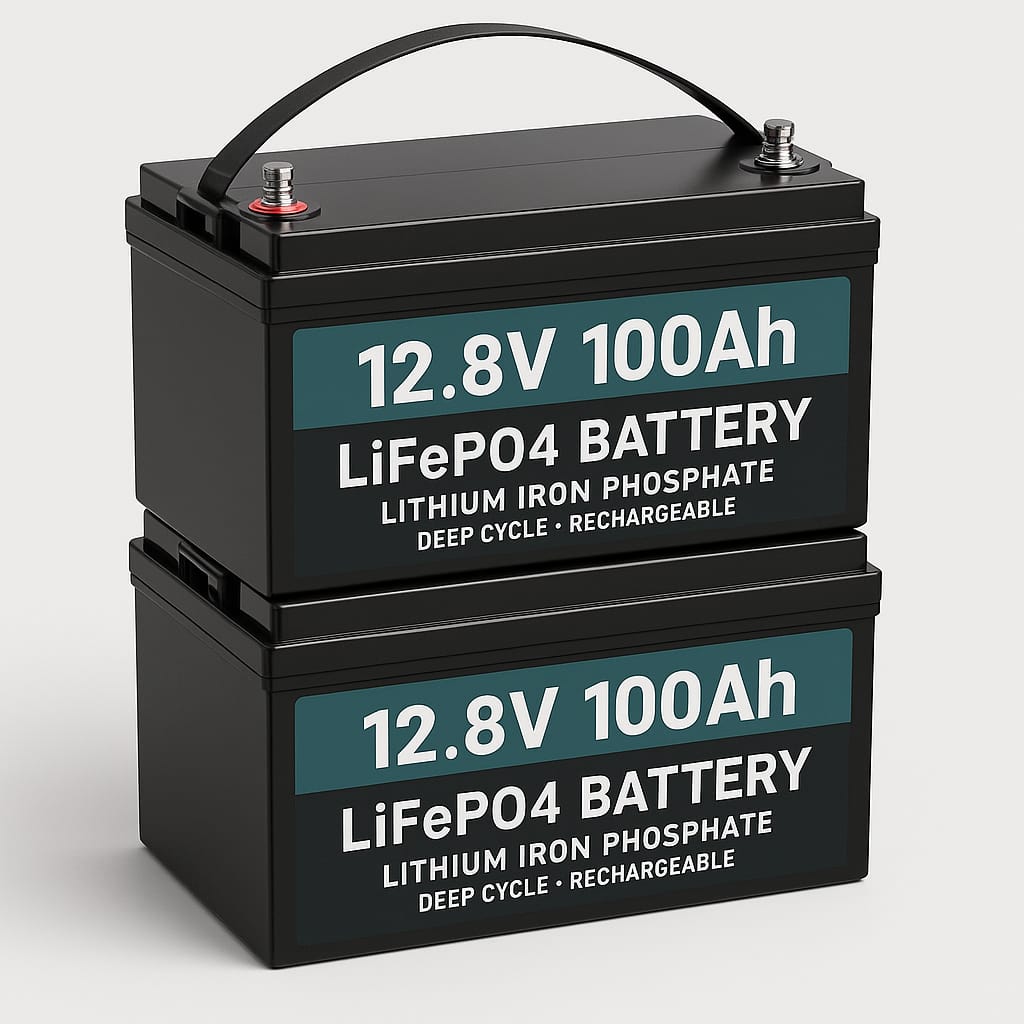
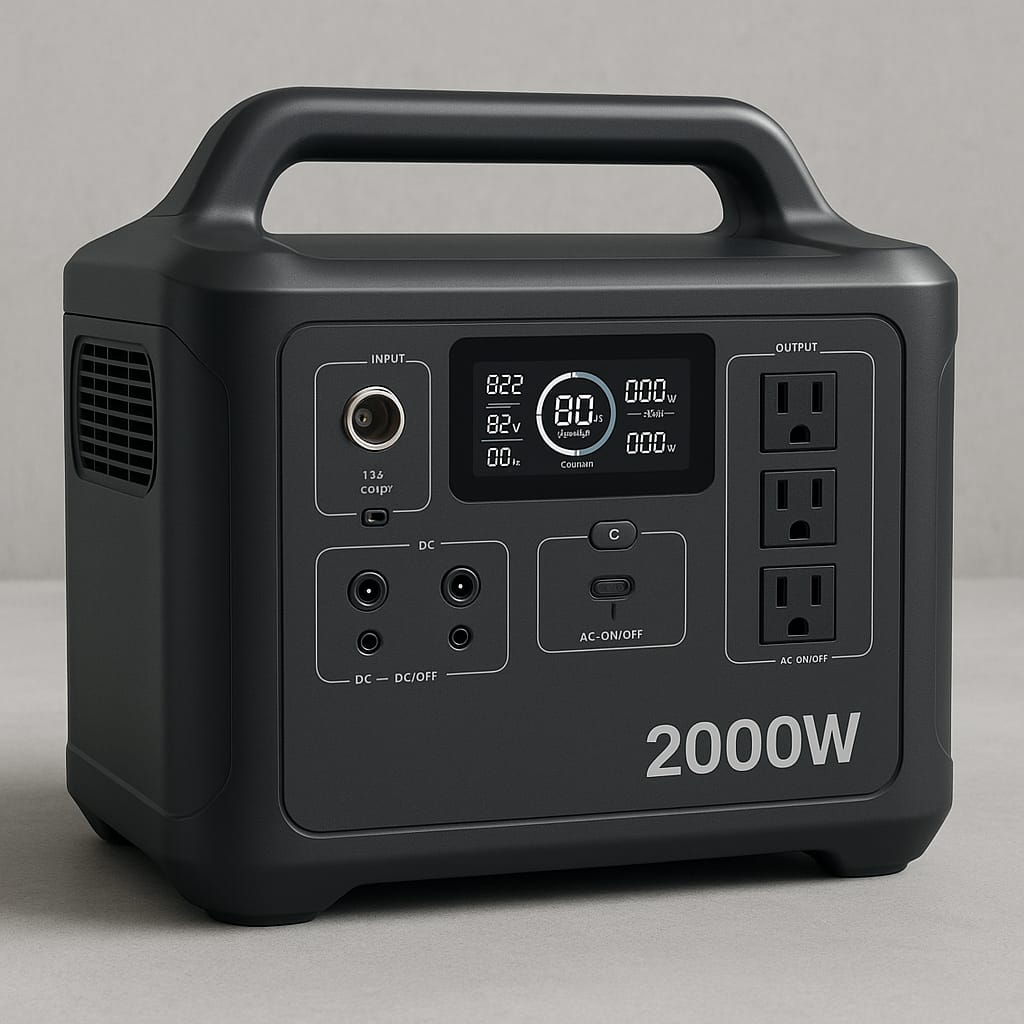


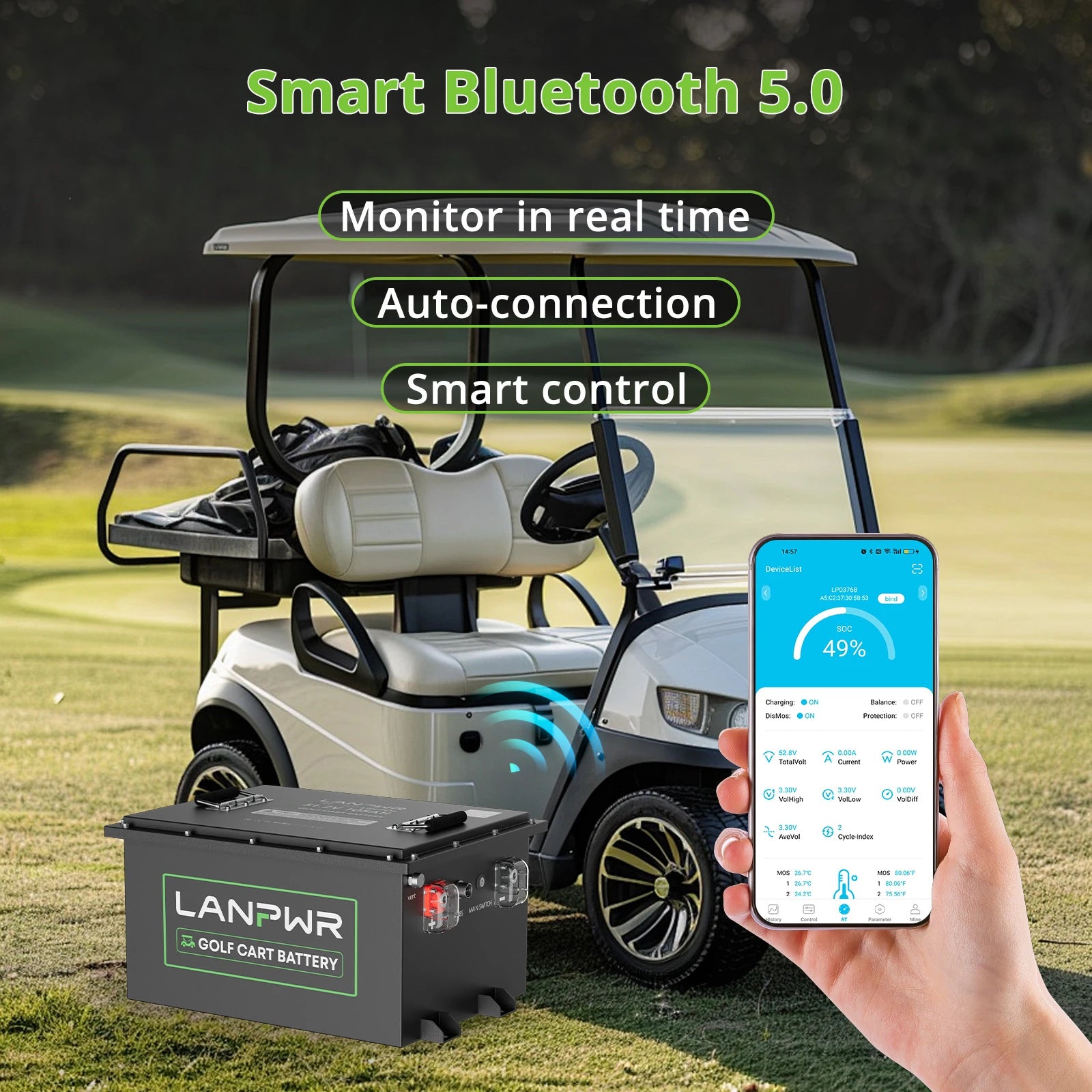
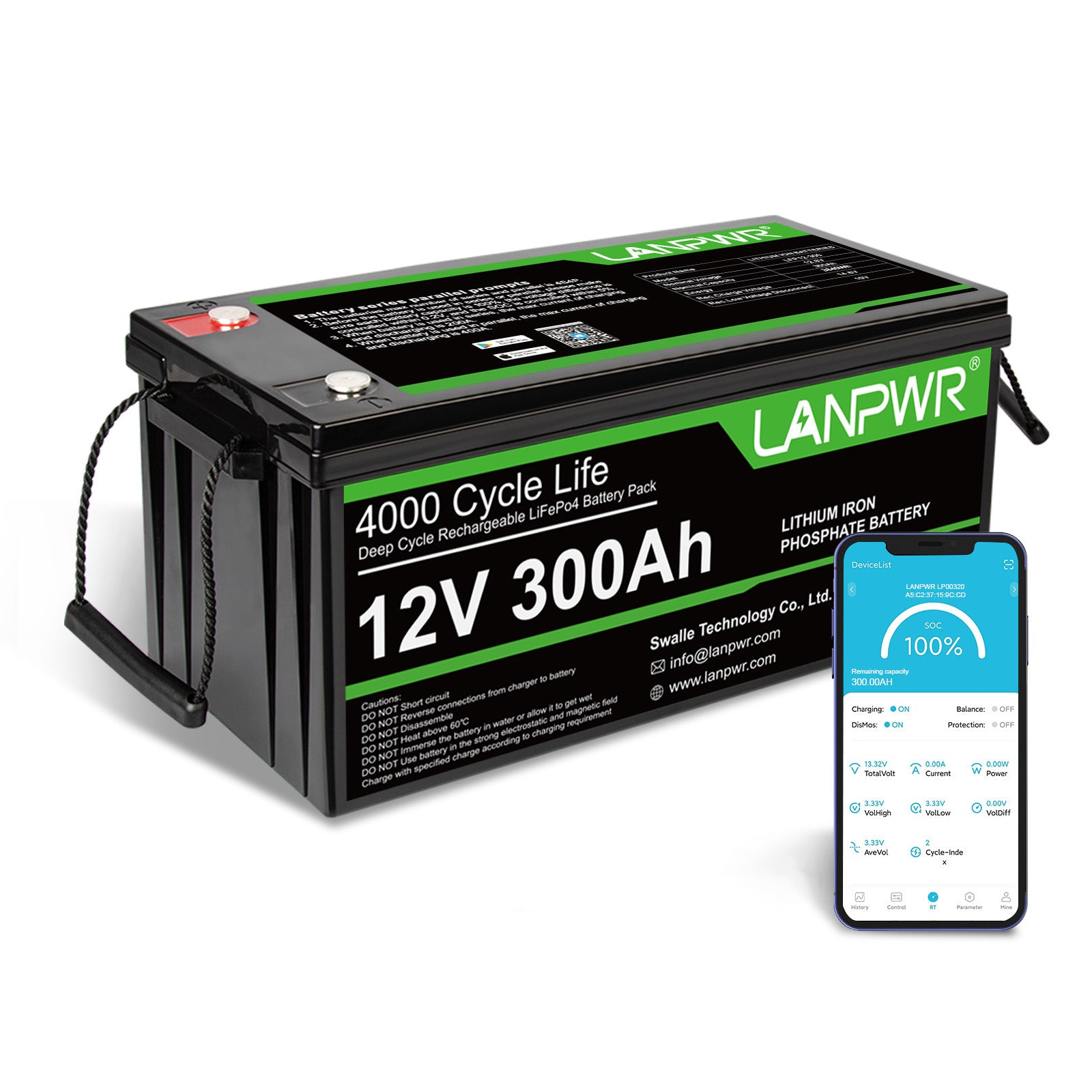
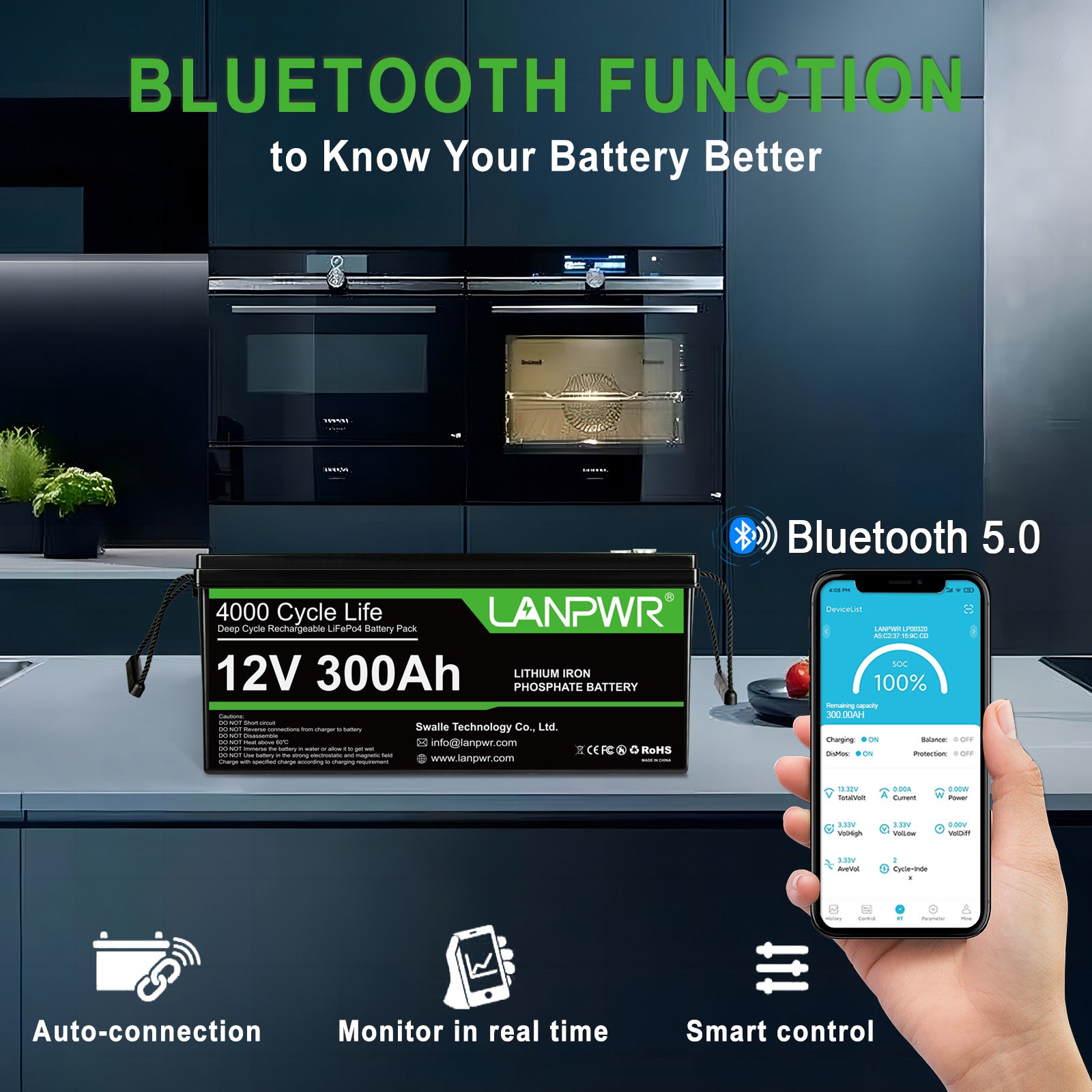
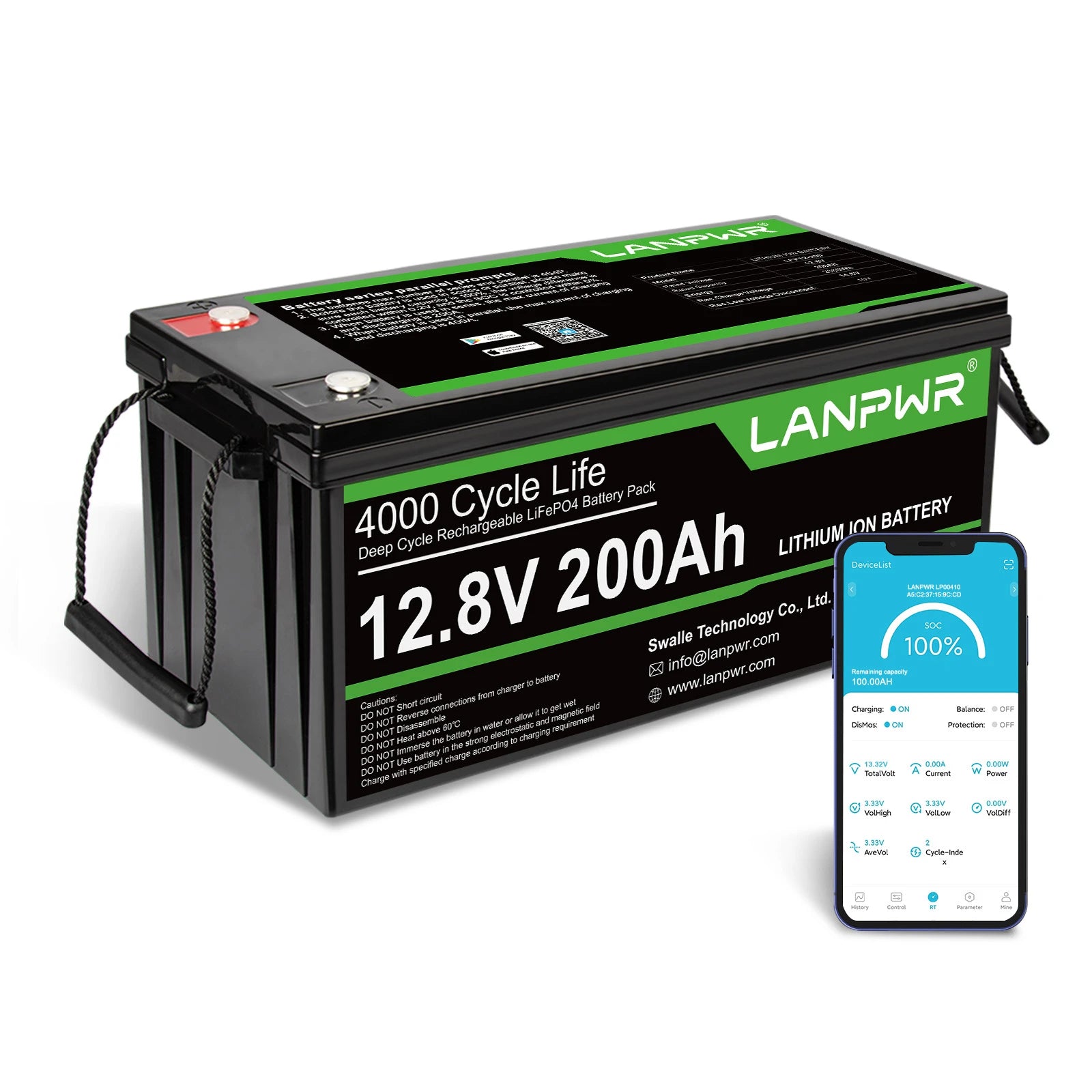
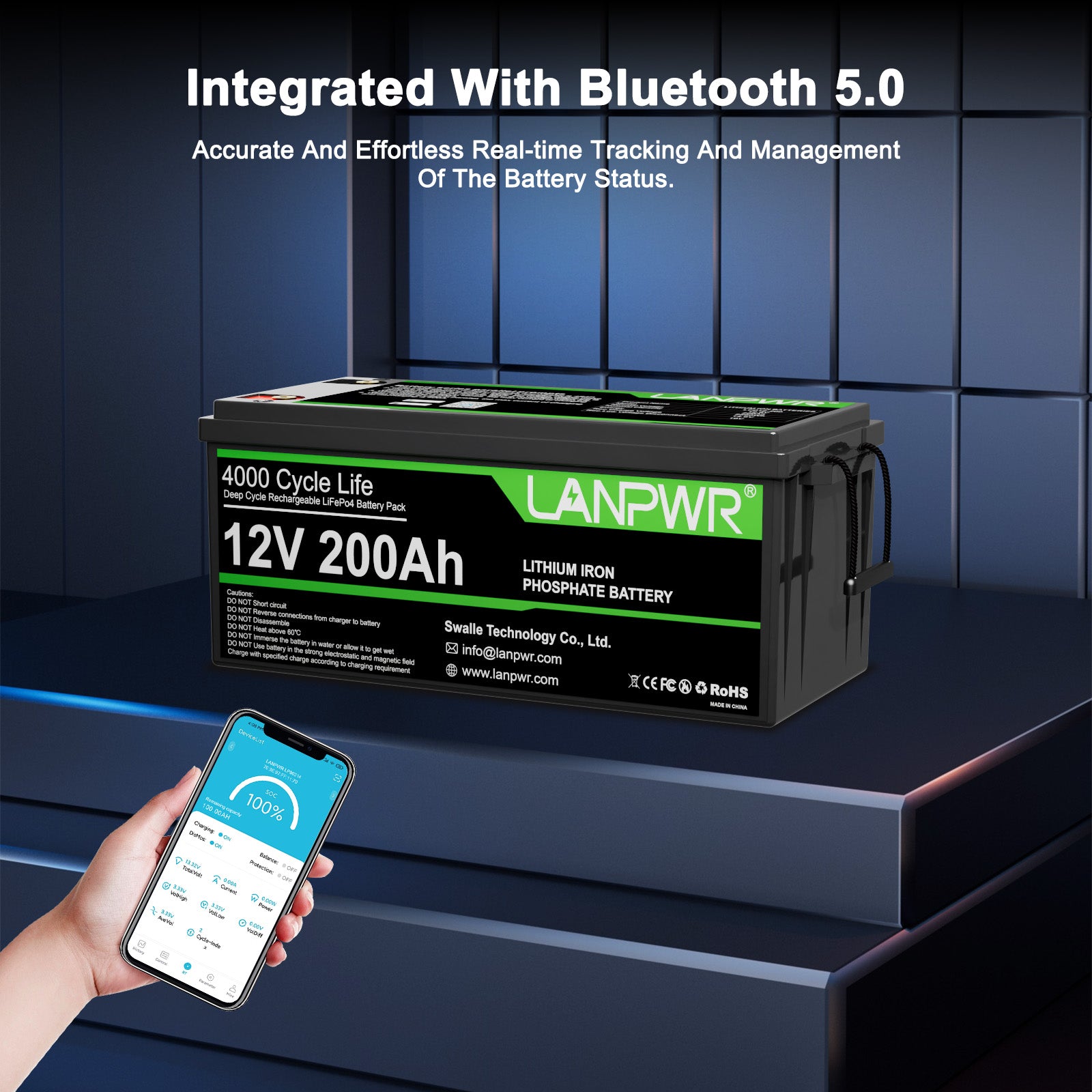
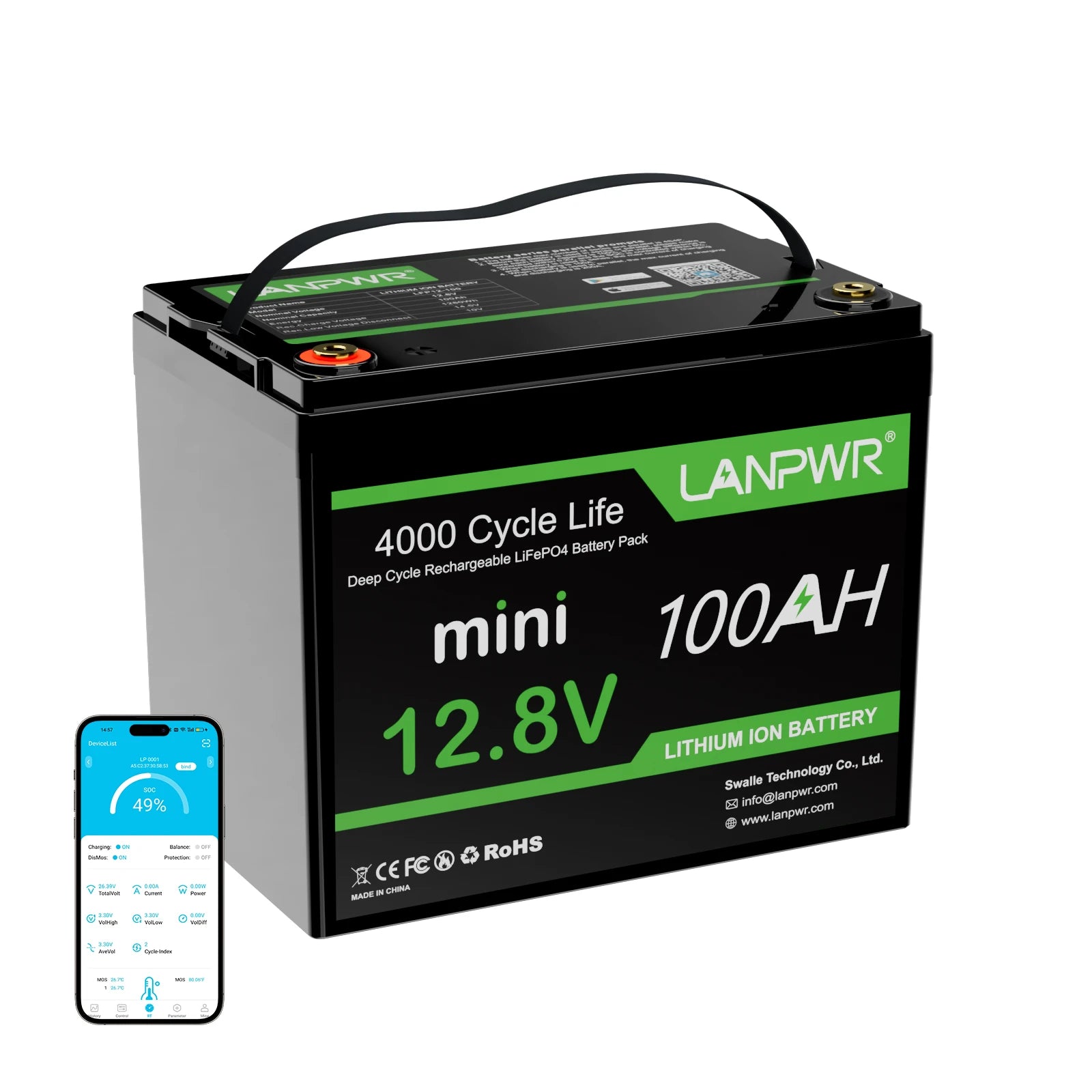

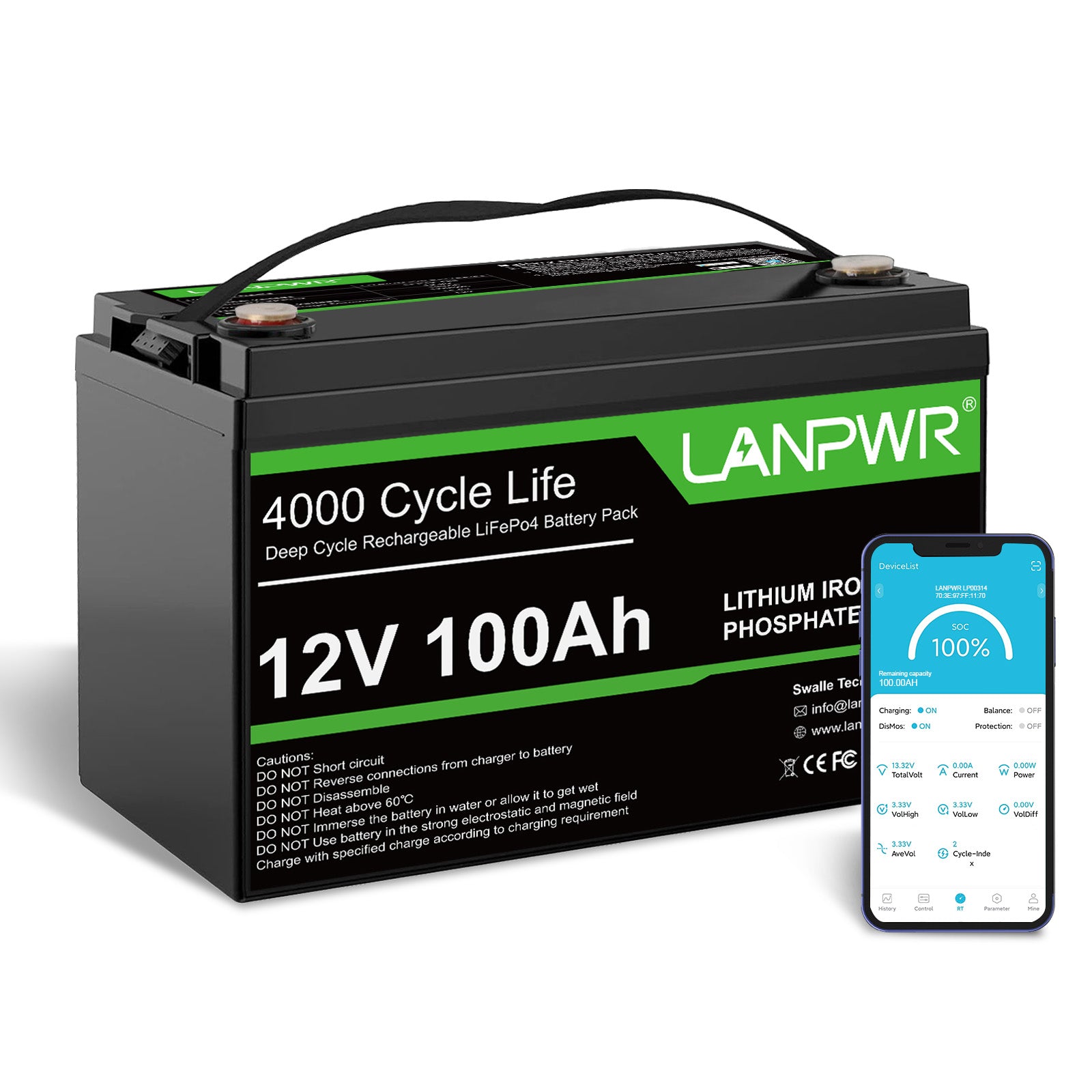

Leave a comment
This site is protected by hCaptcha and the hCaptcha Privacy Policy and Terms of Service apply.